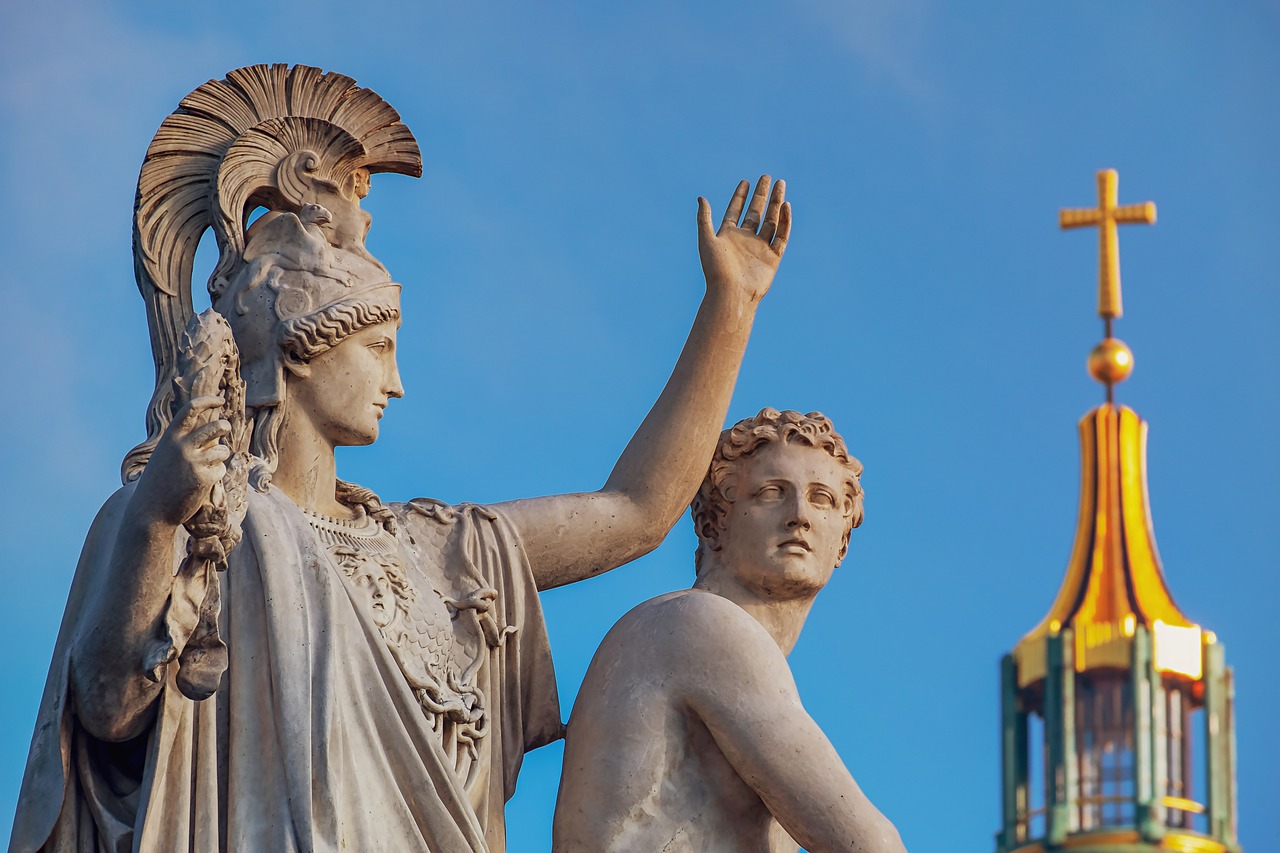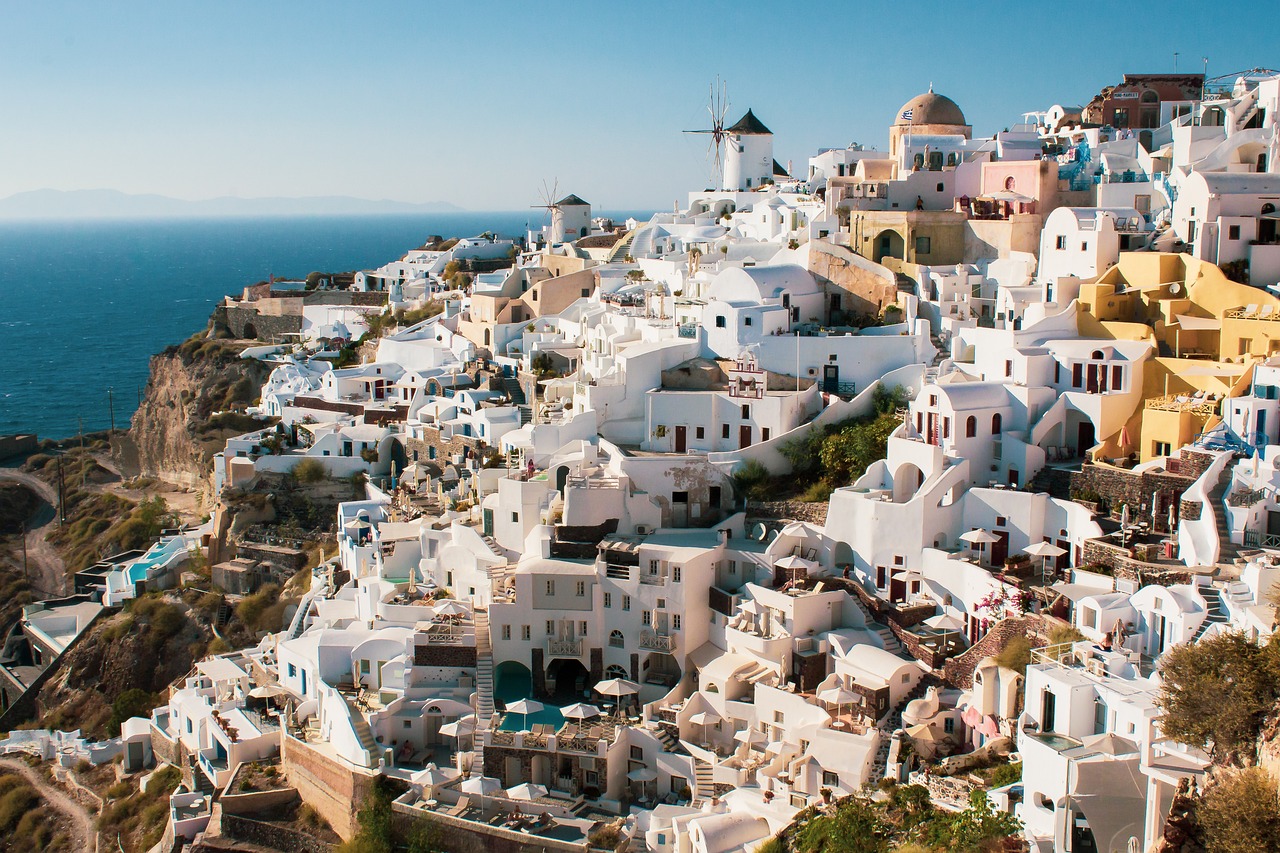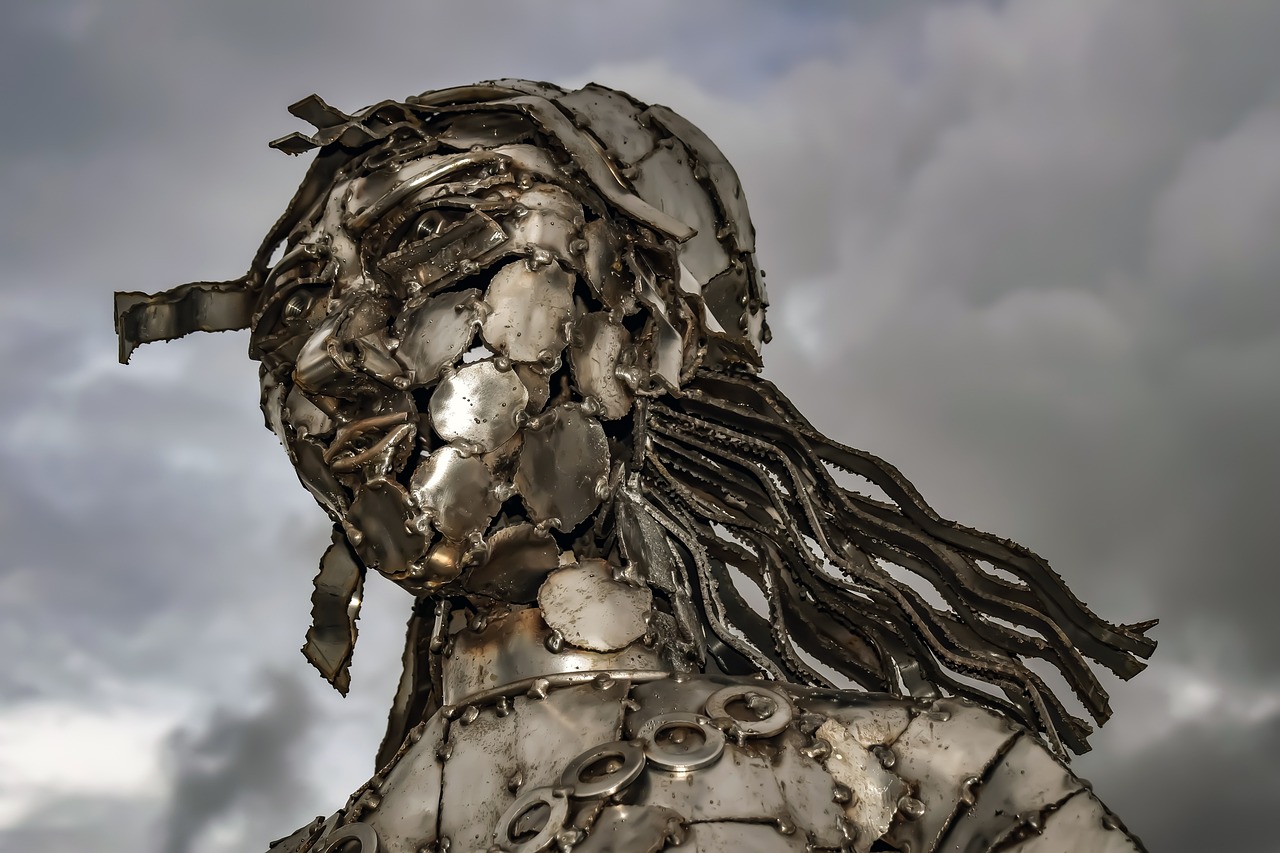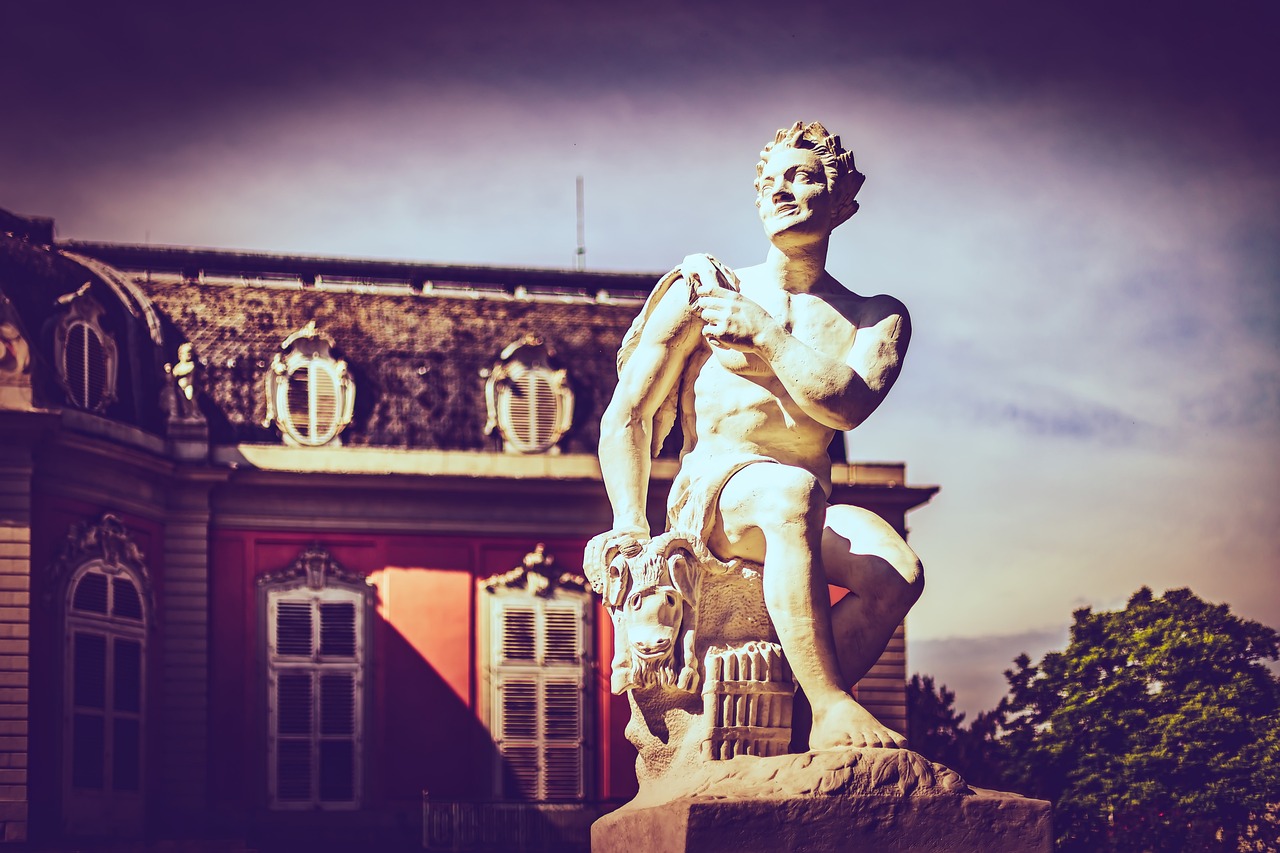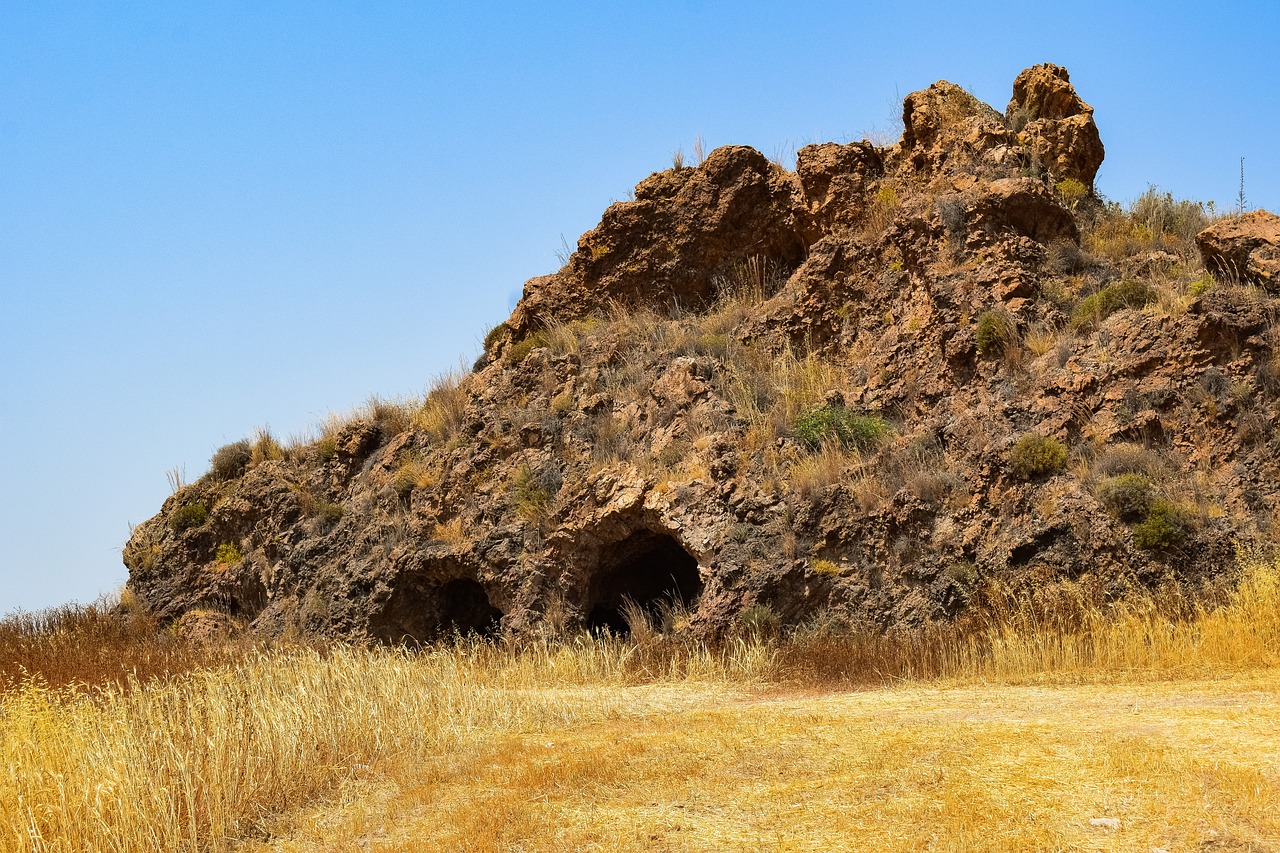Tag: Greek mythology
-
Zeus: The Supreme Olympian God Zeus, known as the King of the Gods, presides over the realms of the sky, weather, law and order, and kingship. He is generally portrayed as a dignified and mature figure, distinguished by a robust build and a prominent dark beard. His classic symbols include a formidable lightning bolt, a…
-
Rhea, often referred to as Rheia, is a significant figure in Greek mythology, recognized as a Titaness and a maternal goddess. She is the progeny of Gaia (the Earth) and Uranus (the Heaven) and is revered as the mother of the prominent deities who inhabit Mount Olympus. Rhea shares a close association with Cybele, the…
-
Eros: The God of Love in Greek Mythology Eros is famously recognized as the playful deity of love, often seen as a loyal accomplice to the goddess Aphrodite. Hesiod, one of the earliest poets, paints Eros as a primordial entity who was born at the dawn of existence, ushering in procreation. He, along with Himeros…
-
Greek mythology represents a vast collection of narratives surrounding the deities, heroes, and rituals that shaped the ancient Greek culture and classical antiquity. While many Greeks, including notable thinkers like Plato in the 5th–4th century BCE, recognized the fictional elements in these tales, the general public tended to accept them as sincere historical accounts. The…
-
Hypnos: The God of Sleep in Greek Mythology Hypnos, the embodiment of sleep, is an intriguing figure in Greek mythology who resided in Erebos, the realm of perpetual gloom that lies beyond the sunrise. Each night, he ascended to the skies accompanied by his mother, Nyx (Night). Often associated with his twin brother Thanatos (gentle…
-
Nyx, the personification of the night in Greek mythology, is one of the primordial gods born at the onset of creation. A descendant of Khaos (Chaos), she united with Erebos (Darkness) to give rise to significant deities, including Aither (Light) and Hemera (Day). In her solitary power, Nyx also produced a diverse array of spirits,…
-
Exploring the Myth of Pandora Through Art Grade Level: 5–6 In this lesson, students will delve into the Greek myth of Pandora by examining the artwork of Odilon Redon titled Pandora. Following this analysis, they will create their own decorative boxes adorned with symbols representing an emotion they will contain and eventually express to the…
-
Nike, the Greek goddess of victory, holds a pivotal position in Greek mythology, serving as a symbol of strength and achievement across various domains. In ancient worship, she personified victory, frequently illustrated in art as a winged figure, embodying the essence of flight. In other instances, she appeared without wings, earning the title “Wingless Victory”…
-
Nyx: The Goddess of Night in Greek Mythology Nyx, known as the goddess of the night, is one of the primordial deities who emerged at the outset of creation. She is considered a child of Khaos (Chaos, Air), and her union with Erebos (Darkness) resulted in the birth of Aither (Aether, Light) and Hemera (Day).…
-
Hephaestus: The Olympian God of Fire and Craftsmanship Hephaestus, known in Latin as Hephaestus, is the revered Olympian deity associated with fire, metalworking, stonemasonry, and sculpture. Often portrayed as a bearded figure wielding a hammer and tongs, his imagery occasionally includes him riding a donkey, reinforcing his humble connections to labor and craftsmanship. Noteworthy Myths…

